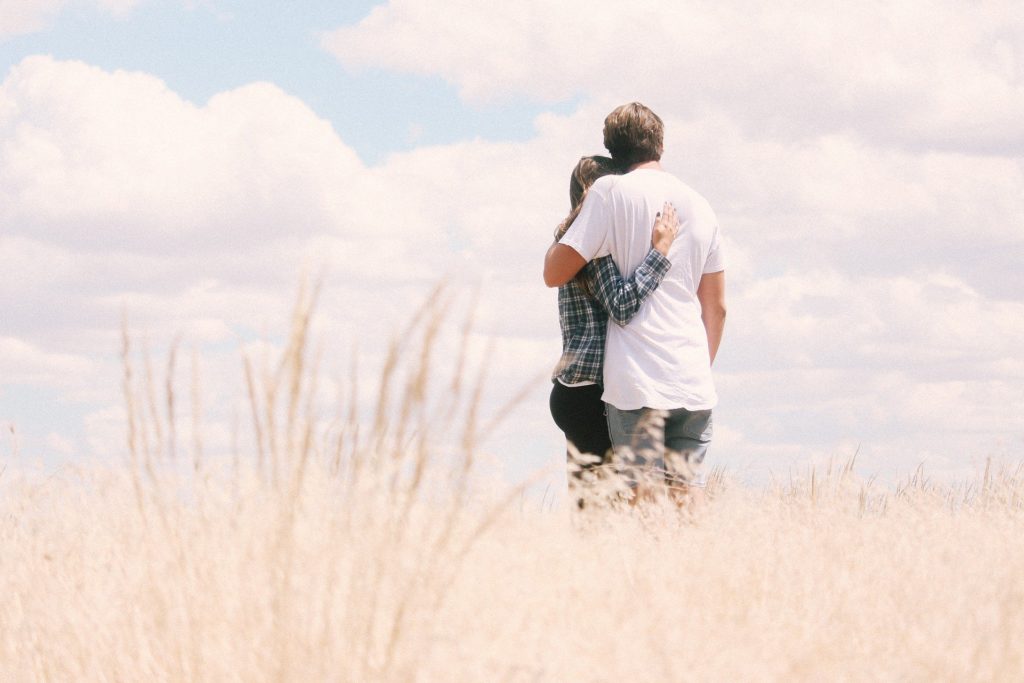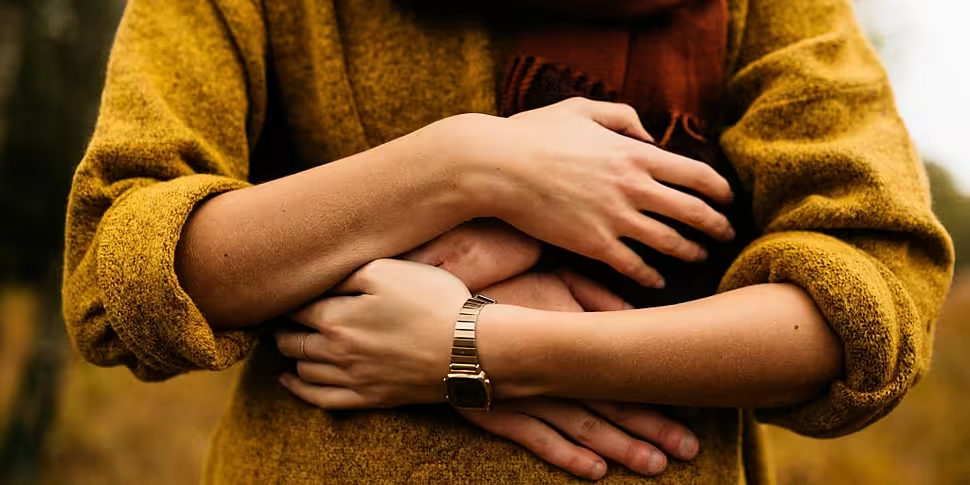A woman in the US, who set up a business to help people who are missing human touch, has adapted her approach to deal with the coronavirus.
Professional cuddlers are turning to screen snuggling as an alternative.
Jean Franzblau is from the Cuddle Sanctuary in Los Angeles.
She told Tom Dunne on Moncrieff: "If you think of it more like a combination of a social worker and a massage therapist, somebody who is holding emotional space for another human being.
"And also in the unique way that it's platonic between adults, and that is a rare thing.
"Culturally, many people only consider the touch between adults to be maybe a handshake, maybe a quick hug before and after an event - but pretty much besides that, hands off.
"Unless it's your lover or your spouse - or maybe you could hug your kids.
"But that leaves a lot of single people and a lot of people in the world having no touch at all, really."
Jean says she come up with concept while travelling as a corporate trainer.
"One time I saw a photo of a group of people wearing pajamas and cuddling - just platonically being kind and caring for each other.
"And though it was something I'd never seen before, I felt this inner sense of longing.
"I had no idea that touch deprivation was a thing... so I followed that and I looked for events like that in Los Angeles, and I didn't find anything.
"When I finally did attend an event, first all I didn't realise how careful the structure of it was organised.
"Boundaries and consent - it was really like a communication workshop before anything else could happen.
"Because there needs to be an understanding of the context of 'what is this that we're doing?'.
 Image by StockSnap from Pixabay
Image by StockSnap from Pixabay"I was amazed how much better I felt at the end of it: I slept so deeply, I woke up feeling happy.
"I had no idea about the science behind the hug hormone - what scientists call the cuddle chemical - which is oxytocin.
"But my body was humming with wellness after it".
She said a lot of people who attend her events are those who are new in town or travelling.
"But more popularly, people who are single, divorced, broken up or widowed - people who are used to having kind, compassionate touch in their lives, the holding hands with somebody while taking a walk or sleeping or snuggling with a beloved - and then that's gone from their lives and they feel physically that gap".
For new clients, she said: "The first thing I want to make sure is that they're aware is that I'm not a sex worker.
"I have no judgement of sex workers, but it's important for me to understand 'are they looking for sensual, sexual or erotic services - or are they truly seeking a platonic experience that's more nurturing, compassionate, soothing'".
"I might ask what's going on in their lives to get a sense of where they're at: if somebody's in a deep state of depression or dealing with anxiety, maybe a therapist has recommended they come to us, or maybe they're a thrill seeker - they're like 'I just want to try something new'".
The next issue revolves around consent and the level of touch people are comfortable with, on a scale of one to 10.
But she said people can get very relaxed.
"We have to give a heads-up to clients 10 minutes before the session is over, because clients can get into such a deep state of relaxation that it can be jarring".
"It's almost like you've had a drink, like a glass of wine, or a toke of marijuana - meaning you might feel a bit tipsy after this experience".
To deal with the coronavirus, she has created an online class called 'How to find a COVID-safe cuddle buddy'.
"Also what I started to do right away is offer virtual cuddle sessions."
"The offering is typically through Skype or through Zoom - it's a way to get eye contact, it's a way to share about what's going on in your life in a non-judgemental environment, it's a way to be received for kindness and to practice-experiment with practices that can boost oxytocin even though we're not in physical space together".









